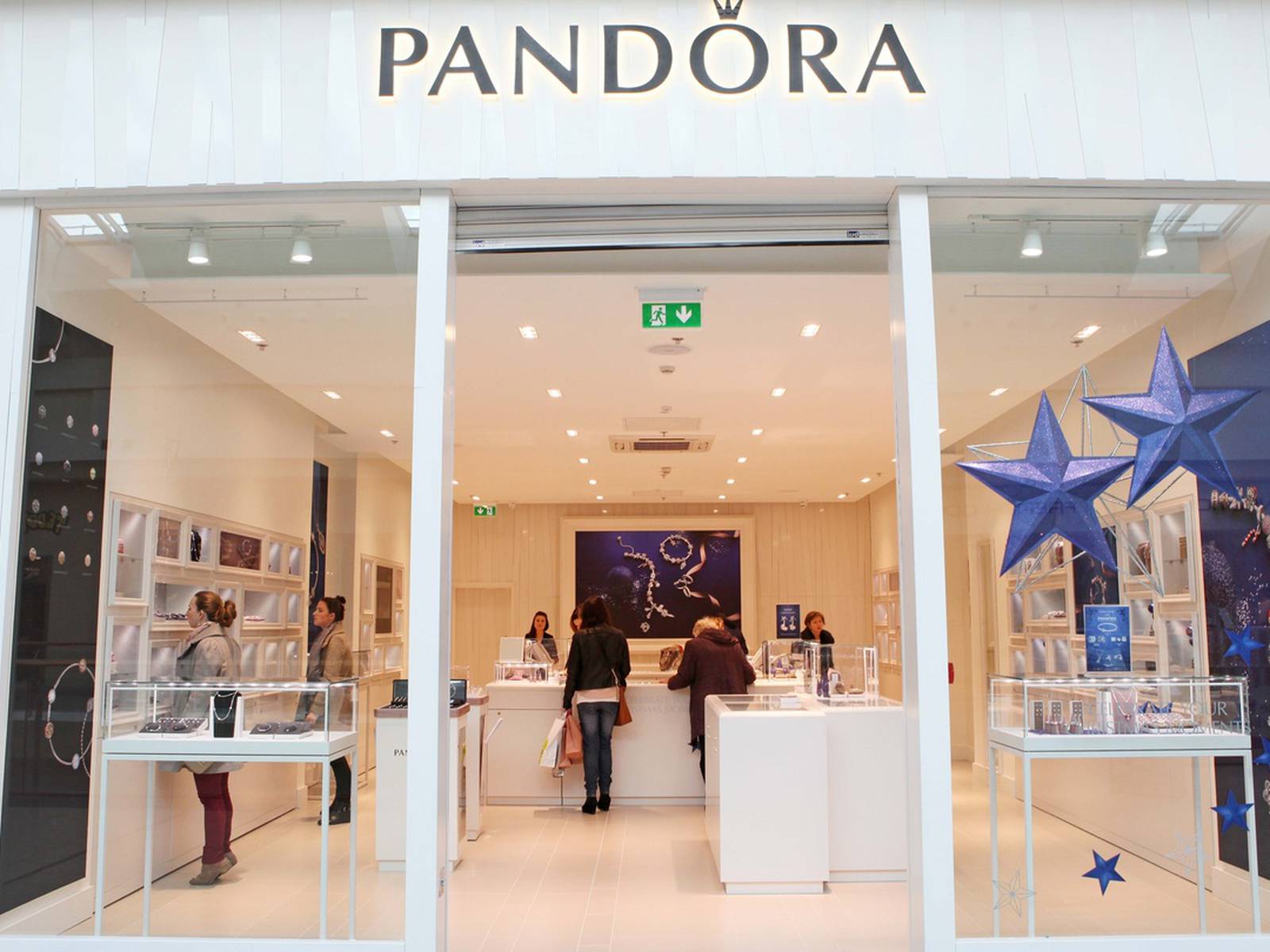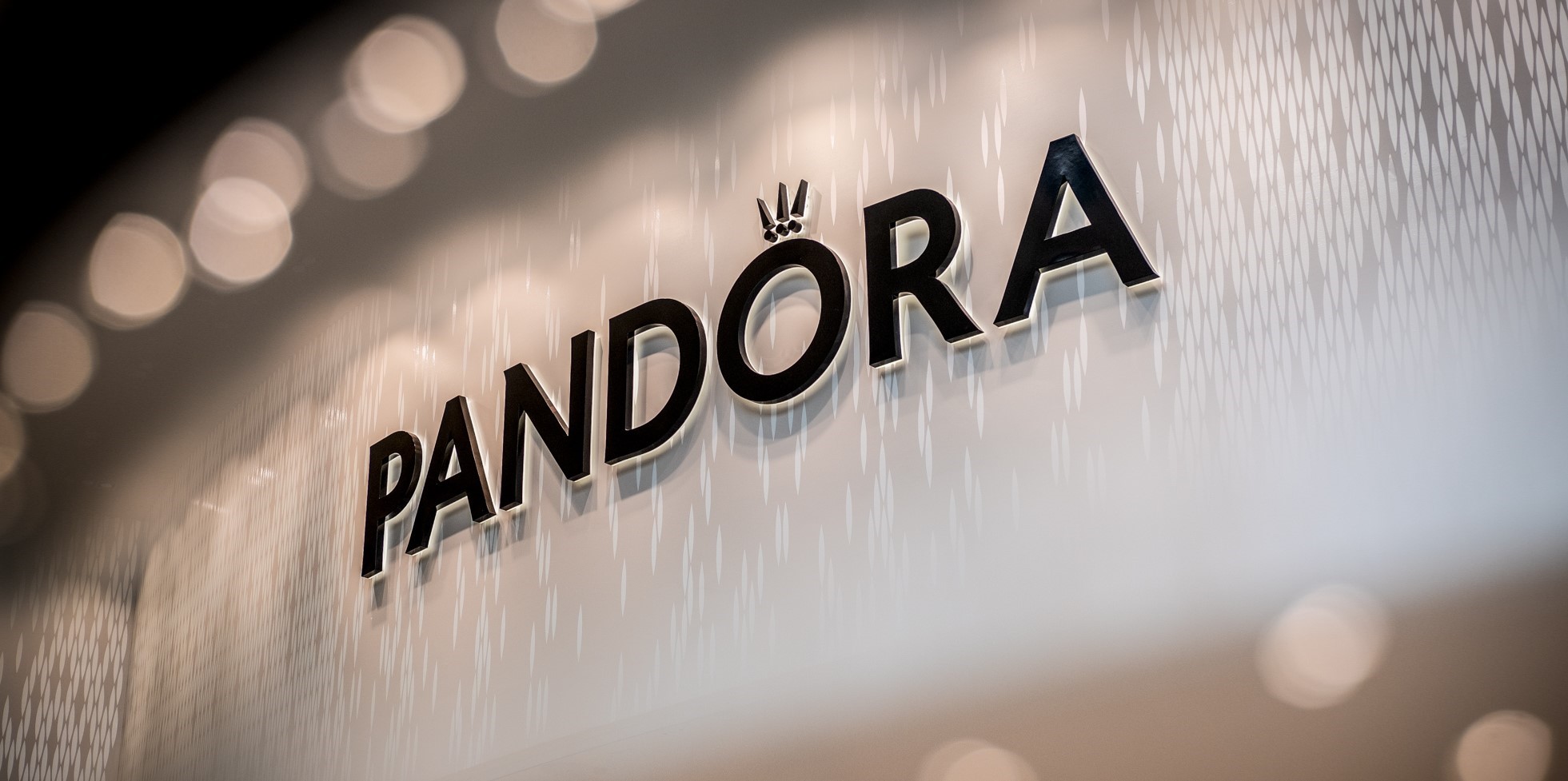
The world's leading jeweler in terms of product sales, Pandora, shifts to recycled metalsin its manufacturing processes. Famed for its iconic charm braceletspriced between $65 to $95, the Danish company has taken a significant step towards sustainability by reducing its reliance on newly mined materials, thereby minimizing the environmental impact associated with traditional mining.
With an annual purchase of approximately 340 tons of silverand one ton of gold, Pandora's supply chainhas been a notable contributor to carbon emissions. According to the company's annual report, it generated 264,224 tons of CO2 in 2022. However, this trajectory is set to change as Pandora embraces recycled precious metals, a shift that is expected to cut the company's indirect CO2 emissions by a substantial 58,000 tons per year.
Pandora Shifts To Recycled Gold And Silver Metals
Pandora, the world's largest jewelrycompany, has announcedits commitment to sourcing only 100-percent-recycled silver and gold for its iconic charm braceletsand collections. The decision is hailed as a significant step by the Danish jewelry giant to reduce its environmental impact and set an example for the industry.
Pandora's CEO, Alexander Lacik, emphasized the company's dedication to environmental stewardship, stating:
“„We wanted to lead by example. If we can make positive contributions to society through our use of recycled gold and silver, it means anyone can do it.- Alexander Lacik
This shift aims to curb the company's greenhouse gas emissions by avoiding the need for additional mining, a process notorious for its energy consumption and environmental repercussions.
The move aligns with the company's 2020 commitment to utilizing recycled metals, citing statistics from the World Gold Council that highlight the significant reduction in emissions achieved through recycling compared to traditional mining. The decision comes as part of a broader industry trend, with brands like Prada and Monica Vinader also incorporating recycled metals into their products.
However, some industry observers, like Tiffany Stevens, CEO of the Jewelers Vigilance Committee, caution against assuming recycled materials are inherently virtuous.
Stevens notes that the term "recycled" can be ambiguous and urges clearer transparency in disclosing the origins of metals. Her organization, along with others, has petitioned the Federal Trade Commission to regulate the use of "recycled" in jewelry product descriptions.
Stevens suggests that the term can create a "green halo," misleading consumers into assuming environmental friendliness without providing specifics about the sourcing process. The F.T.C. is expected to address this concern in its upcoming environmental marketing guidelines.
Critics also argue that the term "recycled" may not account for potential ethical concerns, such as metals sourced by outlaw refiners or those linked to child labor. Patrick Schein, a refiner and board member at the Alliance For Responsible Mining, emphasizes the need for responsible sourcing practices and collaboration with organizations like the Better Gold Association.
Despite potential challenges and additional costs, Pandora plans to spend approximately $10 million more annually on recycled metals. Lacik asserts that the company is committed to absorbing these costs without passing them on to consumers. He emphasizes that the decision is rooted in the company's environmental responsibility rather than its impact on small-scale miners.
While the move towards recycled metals is a positive step for Pandora, the broader jewelry industry still grapples with the environmental impact of new gold and silver mining. The company's shift also raises questions about the overall effectiveness of such initiatives in offsetting the industry's climate footprint.
Pandora's commitment involves significant logistical adjustments, including collaboration with suppliers like MKS PAMP, a Swiss refinery known for its transparency in the supply chain. Xavier Miserez, the refinery's head of sales, assures that they meticulously trace every source, aiming for a zero-risk approach in their operations.
Final Words
In a notable leap towards sustainability, Pandora, the global leader in jewelry sales, declared on Tuesday that it has successfully phased out the use of mined metals in its products. This announcement arrives a year ahead of its initially set 2025 target, which was established in 2020 when 71% of its precious metals were already hailed from recycled sources.
To align with a more sustainable businessmodel, Pandora has committed to utilizing only recycled gold and silver in the production of its jewelry. This proactive approach not only fulfills the company's environmental goals but also serves as a robust measure to mitigate greenhouse gas emissions and address various environmental concerns associated with traditional mining activities.
